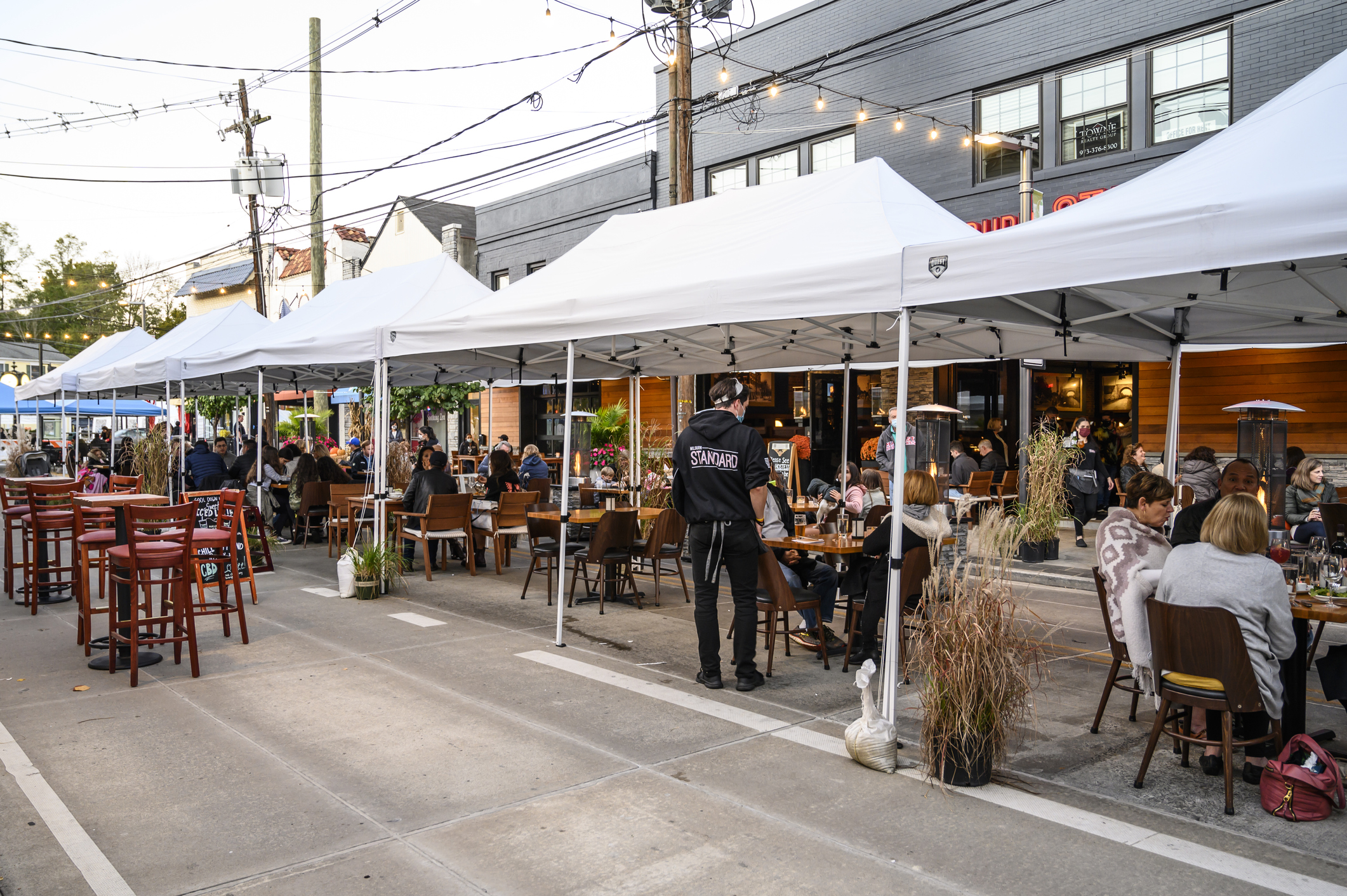Robert B. Noland and Wenwen Zhang
Over the last year and a half, the transportation system in New Jersey and throughout the country has seen dramatic impacts due to the pandemic. The lockdowns in effect from March 2020 to early June 2020 led to large reductions in vehicle traffic and public transit use. More people took to bicycling and walking, either for exercise or other purposes. During the summer of 2020, many local governments set aside street space for outdoor dining or closed off streets to through traffic to allow for greater social distancing for pedestrians.
As the pandemic slowly recedes there are two major changes that policy makers in New Jersey should take note of. First, many employees have been able to successfully work at home and many employers are likely to allow some increased flexibility in the future. Our research suggests that the frequency of working from home will likely permanently increase. For transportation policy makers this means there will be less peak-hour congestion and also less public transit usage, especially for commuting to New York City.
The other revelation revealed by the pandemic (and found by our research) is that people are broadly supportive of converting streets and on-street parking to allow outdoor dining. The lesson for transportation planners and engineers is that this can be done quickly and the changes do not cause large scale disruption to the flow of vehicles through the road network. In normal circumstances, it can take many years to implement these types of changes as state agencies study the impact of traffic flow and often refuse to allow cities to implement changes if their studies find any effect on traffic. Many towns and cities are now considering whether and how to make these changes permanent, and state agencies should not hinder these efforts.
We will be continuing to study these issues and soon will be fielding another survey (thanks to funding from the New Jersey Policy Lab) to assess the permanency of changes in New Jersey.
References:
Wang, Haoyun and Robert B. Noland, Bikeshare and Subway Ridership Changes During the COVID-19 Pandemic in New York City, Transport Policy, 106 (2021), 262-270. https://doi.org/10.1016/j.tranpol.2021.04.004
Noland, Robert B., Evan Iacobucci, and Wenwen Zhang, Public views on the reallocation of street space due to COVID-19, under review with the Journal of the American Planning Association.
Noland, Robert B., Evan Iacobucci, and Wenwen Zhang, Working from Home During COVID-19: Flash in the Pan or Wave of the Future?, Working paper.

